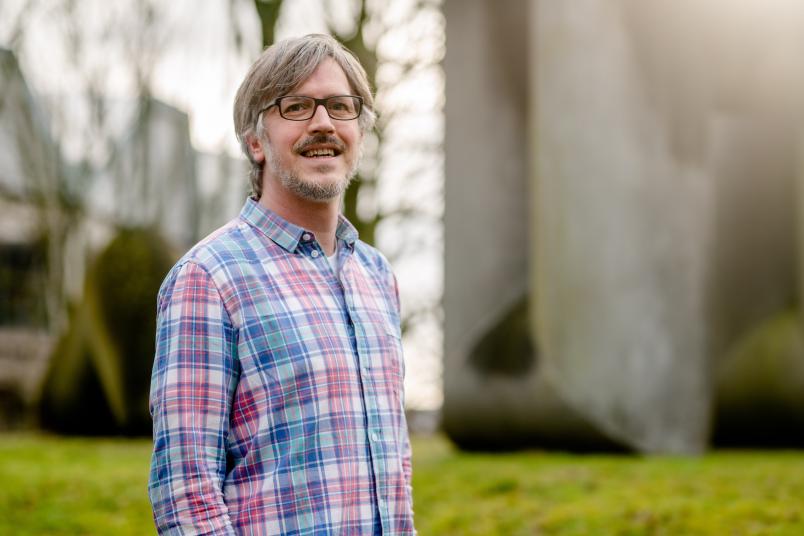
Computer Engineering
Software to tame the hunger for energy
The energy hunger of computer systems keeps rising dramatically. Timo Hönig is researching energy-aware system software to curb the energy demand.
If digitalisation continues at the current rate, energy-aware system software will be necessary to ensure efficient computer systems. The energy requirements of computer systems have come into focus not only since the hype about artificial intelligence and blockchain. The first digital computers, such as the Zuse Z3 by pioneer Konrad Zuse, already unintentionally took the strain off heating systems in research labs with their high energy requirements and the resulting waste heat. Unlike today, however, highly complex software structures had not yet been established at that time.
A single search on the Internet, watching a Netflix episode in 4K resolution or even a simple email notification – complex software systems continuously handle the tasks of digital societies, which is only possible by using electrical power. In order to map and perform tasks as energy-efficiently as possible, future systems must work in an energy-aware manner: this means assessing software activities and their projected consequences with regard to the energy requirements of the respective digital hardware infrastructure. Accordingly, energy-aware system software provides significant support and plays an increasingly central role in the progress of digitalisation.